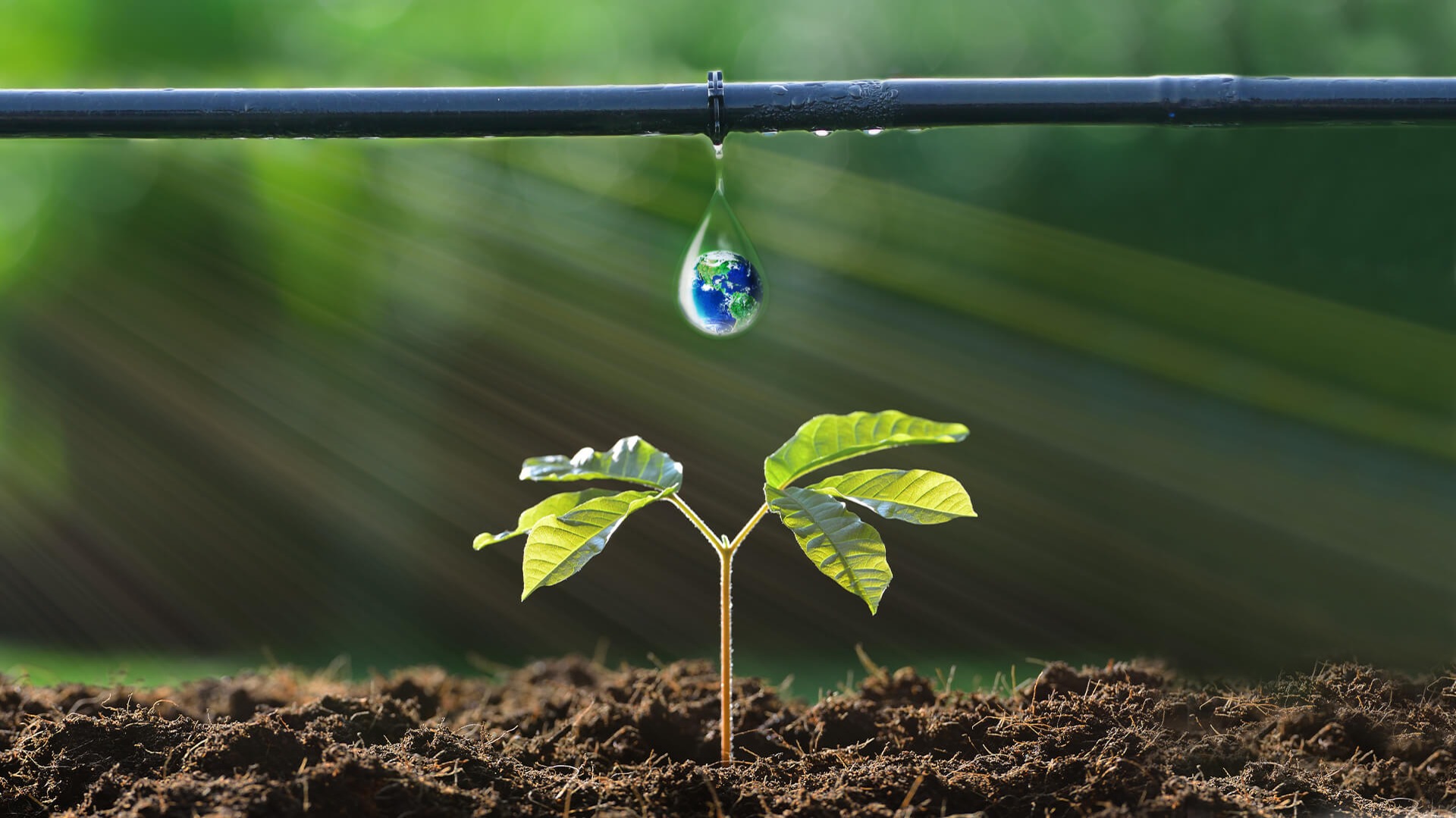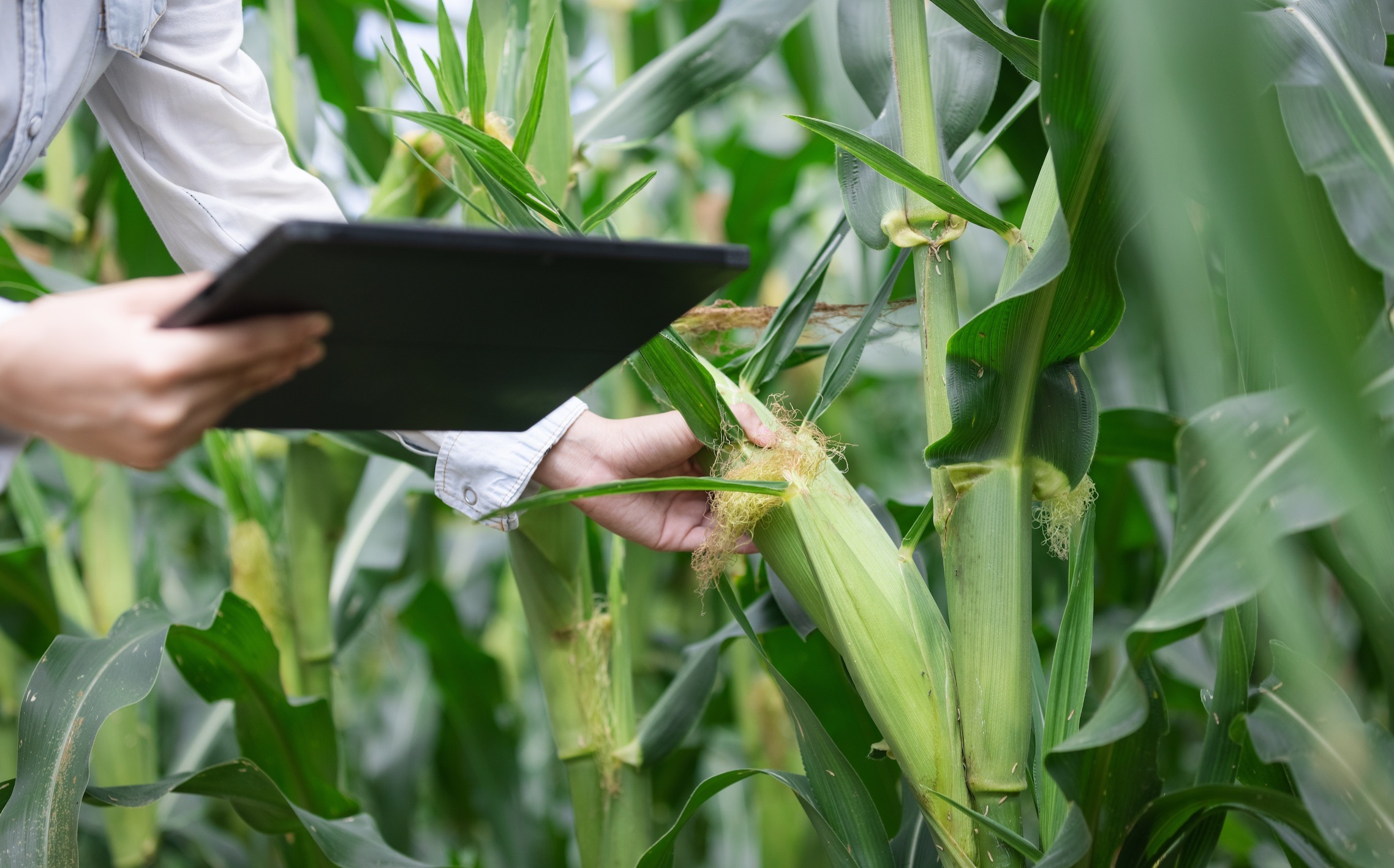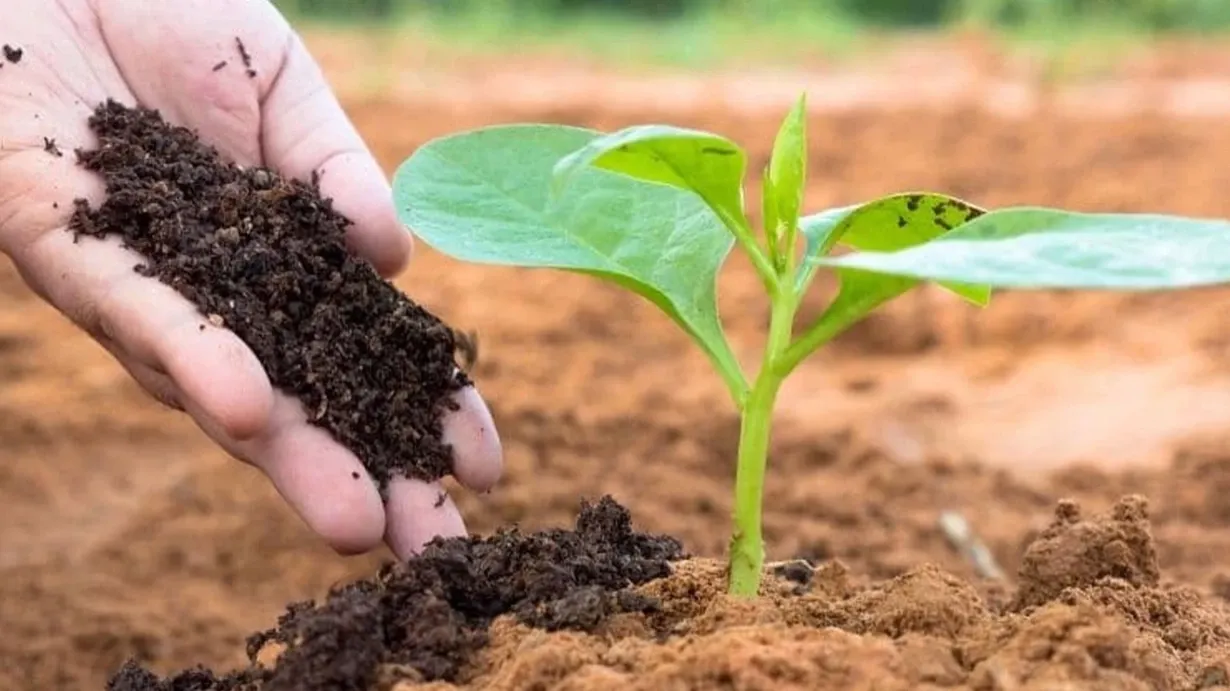We use cookie to improve your experience on our site. By using our site you consent cookies. Learn more
One of the most effective ways to increase agricultural productivity and ensure sustainable production is proper soil analysis. By determining the physical and chemical properties of the soil, farmers can make informed decisions about what to plant, in what quantity, and when. Soil analysis not only boosts yield but also reduces the overuse of inputs such as water, fertilizers, and pesticides, minimizing environmental damage.
Benefits of Soil Analysis
Farmers can identify nutrient deficiencies in specific areas and apply targeted treatments, which reduces costs and improves efficiency. For example, if nitrogen is lacking in a particular zone, fertilizer can be applied only there, avoiding waste and environmental harm.
Data-Driven Agriculture
Modern agriculture is increasingly based on science and data rather than intuition. With soil analysis, farmers can make informed decisions about irrigation timing, fertilizer type, and application quantities according to soil composition, leading to higher yields with fewer resources.
The Future of Soil Analysis and Digital Integration
Today, soil analysis systems are integrated with digital technologies. Drones and ground sensors collect real-time data, which is processed by specialized software to offer tailored recommendations to farmers. In the future, AI-based systems will further enhance soil management, making it smarter and more efficient.




